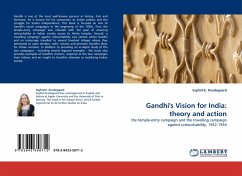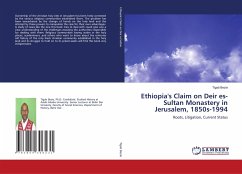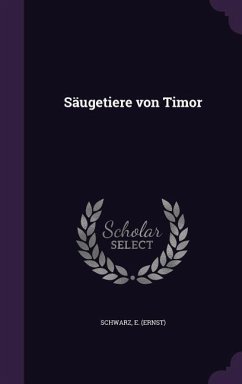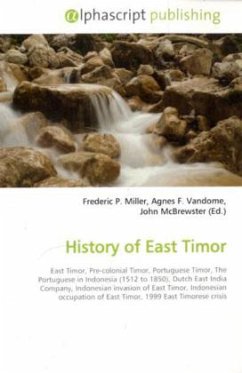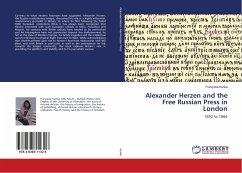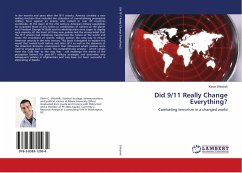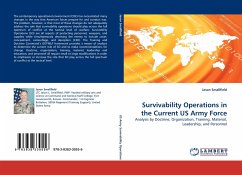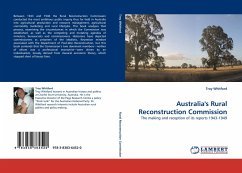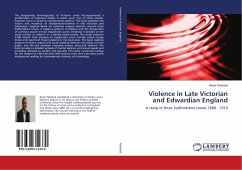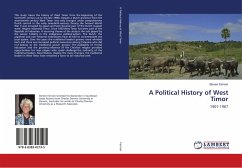
A Political History of West Timor
1901-1967
Versandkostenfrei!
Versandfertig in 6-10 Tagen
52,99 €
inkl. MwSt.

PAYBACK Punkte
26 °P sammeln!
This study traces the history of West Timor from the beginning of the twentieth century up to the late 1960s. Despite a Dutch presence from the seventeenth century West Timor was only brought under comprehensive Dutch control in the early twentieth century. During the Second World War it was occupied by Japan and later became part of the Dutch 'puppet state', Negara Indonesia Timur. Since 1950 West Timor has been part of the Republic of Indonesia. A recurring theme of the study is the role played by the power holders in the indigenous political system. The Dutch, the Japanese and non-Timorese ...
This study traces the history of West Timor from the beginning of the twentieth century up to the late 1960s. Despite a Dutch presence from the seventeenth century West Timor was only brought under comprehensive Dutch control in the early twentieth century. During the Second World War it was occupied by Japan and later became part of the Dutch 'puppet state', Negara Indonesia Timur. Since 1950 West Timor has been part of the Republic of Indonesia. A recurring theme of the study is the role played by the power holders in the indigenous political system. The Dutch, the Japanese and non-Timorese Indonesians have all had to accommodate the local system. Over the years the traditional leaders' powers were whittled back and there was increased political awareness among Timorese who did not belong to the traditional power groups. The availability of formal education and the growing influence of the Christian religion provided opportunities for new players who could challenge the authority of the traditional leaders. Nevertheless, despite the many changes, the traditional leaders in West Timor have remained a force to be reckoned with.



